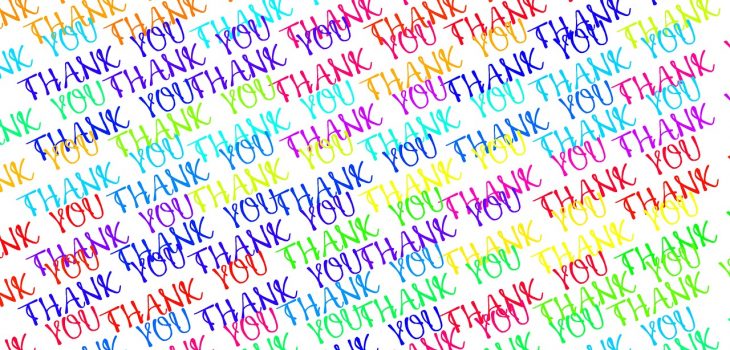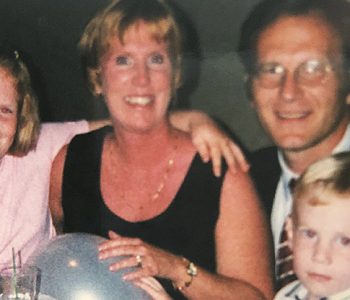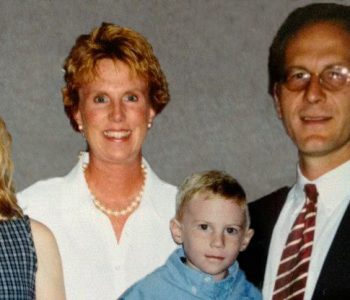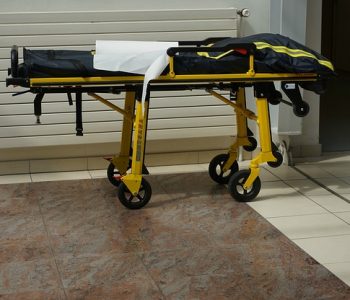
Thoughts from Writing Chapter 6 of Suddenly Widowed
The rawness of my situation left me paralyzed in my very existence. Having the troops gradually move in was a blessing that eased my daily responsibilities. I was lovingly led through the necessary motions and completely relieved of all tasks that could be delegated. Errands, funeral planning, ordering flowers, organizing the funeral lunch, and contacting all the necessary individuals and companies were all handled on my behalf.
Gratitude, indescribable gratitude is what I have for each person who helped me in the days, weeks, and years following the death of my husband. While I could fill several pages with the names of those I know who offered acts of kindness, I’m certain there are many who remain unknown to me. I often wonder, even 16 years later, do these un-recognized people know what an impact they had on me? Do they know how very much I appreciated the simplest of acts?
From visiting the funeral home, delivering food, or sending a card, to donating to my children’s education fund, remembering their birthdays, or transporting them to play dates – it all made a difference to me. It all lightened my load and supported my survival during the most difficult times of my life. It mattered because these people acknowledged my situation, the death of my
husband, and the tragedy in my childrens’ lives.
This led me to my latest project, my next book, A Practical Guide for Helping the Bereaved: A Checklist for Family, Friends, Neighbors, and Co-Workers. We, as a society, are often uncomfortable with death. It reminds us of our own mortality and who wants to think of that. Because we shy away from the subject, or we haven’t experienced the death of a close family member or friend, we don’t know what to say or do to truly help the bereaved. Or worse, we say or do the wrong things. We must learn the right things to say and what actions are helpful. With education comes confidence and when we are confident in our words and actions, we are comfortable. When we are comfortable with death, loss, and grieving, we can step into a role that supports and uplifts the grieving.
So, I decided to use my own experience, research, and interviews with other experienced grievers to compile lists of what to say, what NOT to say, what is helpful and what is harmful. Here are some of the most popular responses.
What to Say
- I’m sorry for your loss.
- I will miss (name of deceased).
- I’m here for you. (Mean it and BE there.)
- You’re in my thoughts.
- May I just sit with you for a while?
What NOT to Say
- I know how you feel.
- It was his/her time to go.
- You should (insert anything here).
- Things will be back to normal soon.
- Be strong.
What is Helpful
- Run errands.
- Take out the garbage, mow the lawn, shovel the snow
- Take the kids for an afternoon.
- Write the thank you notes.
- Prepare and deliver food for the family.
What is Harmful
- Ignoring the bereaved.
- Comparing death to divorce or other losses.
- Judging the way someone is grieving.
- Stop calling or inviting the bereaved to social outings.
- Pressure the grieving into eating, drinking, or taking medications.
I can’t begin to count all the ways my tribe lightened my load, particularly during that first week after Mark’s death. These seemingly small acts got me through the darkest days and carried me into the weeks ahead.






